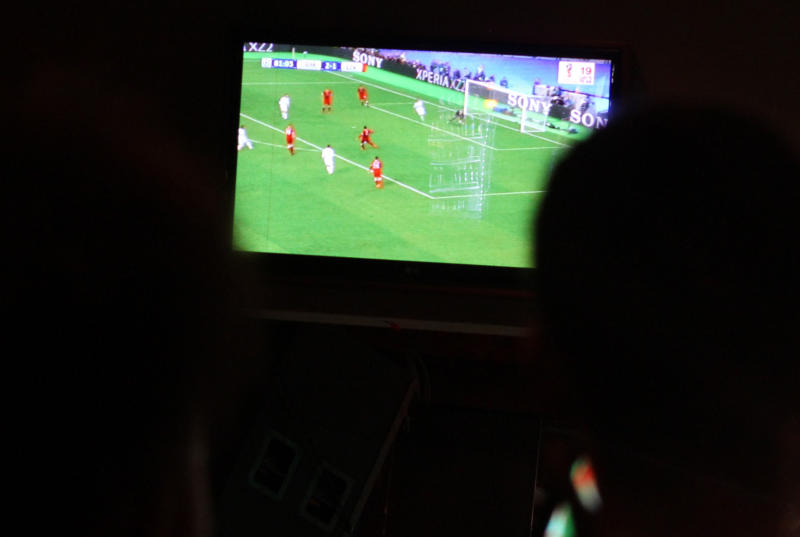×
The Standard e-Paper
Kenya’s Boldest Voice

Today, the world’s greatest sports show kicks off in Russia. The month-long Fifa 2018 World Cup will see 32 teams- five of them from Africa- slog it out on the pitch in 12 stadia across the world’s biggest country.
The beauty of football is not in the magical moves of wonder players like Ronaldo or Messi or Salah. No, it is in its ability to transcend race, religion, language and creed. A lot of the times, the players will be playing against teams that don’t speak their language.